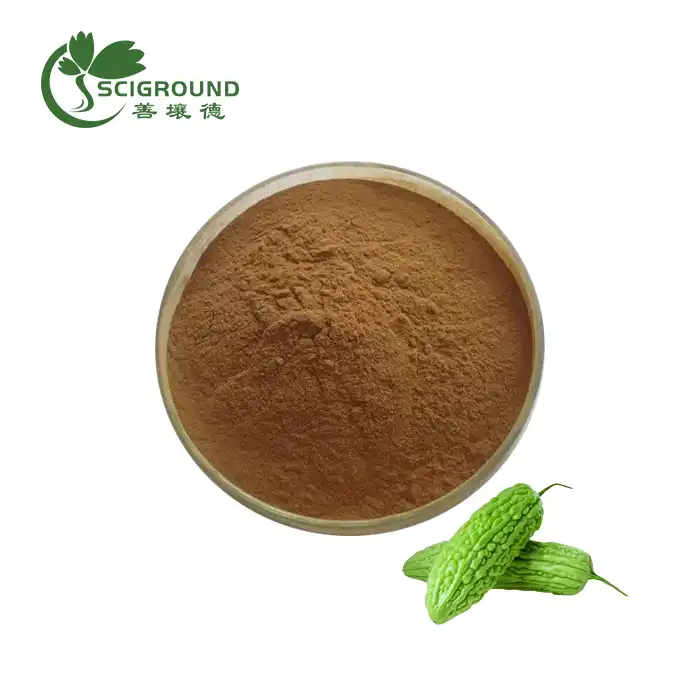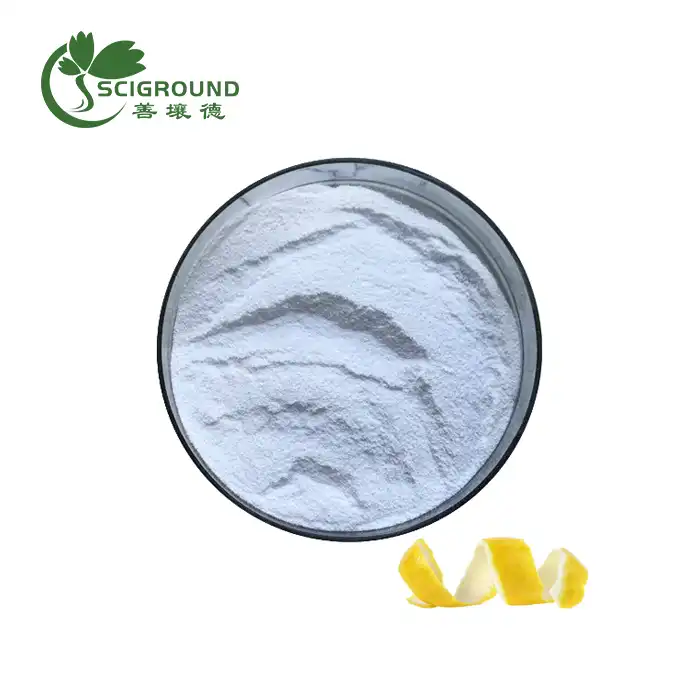Is Creatine Monohydrate Safe and Effective?
Creatine monohydrates is a popular dietary supplement that has been shown to enhance athletic performance and aid in muscle growth. It is also one of the most researched supplements on the market, with numerous studies showing its effectiveness and safety.
What is Creatine Monohydrate?
Creatine is a naturally occurring compound found in muscle cells that helps to produce energy during high-intensity exercise. Creatine monohydrate is a supplemental form of creatine that is widely used by athletes and fitness enthusiasts to improve their performance and gain muscle mass.
When consumed, creatine monohydrate is quickly absorbed into the bloodstream and transported to the muscles, where it is stored as phosphocreatine. This storage form of creatine can then be used as a source of energy during exercise, particularly during high-intensity activities like weight lifting and sprinting.
Numerous studies have shown that creatine monohydrate supplementation can increase strength, power, and muscle size. It has also been shown to improve endurance performance by reducing the time it takes for muscles to fatigue during prolonged exercise.
What is the Recommended Dosage of Creatine Monohydrate?
The recommended dosage of creatine monohydrate varies depending on individual factors such as body weight, muscle mass, and level of physical activity. In general, a safe and effective dose of creatine monohydrate is 3-5 grams per day.
Some people choose to “load” their creatine intake by taking a higher dose of creatine monohydrate (up to 20 grams) for the first five to seven days of supplementation. This loading phase is intended to saturate the muscles with creatine more quickly, though it is not necessary for everyone.
It is important to note that excessive doses of creatine monohydrate can lead to adverse side effects, such as nausea, diarrhea, and dehydration. It is recommended that individuals consult with a healthcare professional before starting any new supplement regimen, including creatine monohydrate.
Is Creatine Monohydrate Safe for Long-Term Use?
Creatine monohydrate has been extensively researched for its safety and effectiveness, with numerous studies showing no adverse health effects from long-term use.
One study published in the journal Medicine and Science in Sports and Exercise followed 52 male athletes who took creatine monohydrate for up to 21 months. The study found that creatine supplementation had no negative effects on kidney or liver function, blood pressure, or overall health.
Another study published in the Journal of Athletic Training examined creatine’s long-term effects on bone density. The study found that creatine supplementation for up to one year had no negative effects on bone density in healthy, active adults.
While there have been some reports of creatine monohydrate leading to kidney damage, many of these reports have been based on anecdotal evidence and have not been supported by scientific research. However, individuals with pre-existing kidney disease should speak with their healthcare provider before taking creatine monohydrate.
Can Creatine Monohydrate Be Used by Women?
Yes, creatine monohydrate can be used by women. While many of the studies on creatine supplementation have focused on men, there is no evidence to suggest that women cannot benefit from creatine as well.
In fact, some studies have suggested that women may respond better to creatine supplementation than men. One study published in the Journal of Strength and Conditioning Research found that women who took creatine monohydrate gained more lean body mass and strength than women who took a placebo.
However, it is important to note that women may need to adjust their creatine dosage based on their body weight and muscle mass, as they typically have less muscle mass than men. Women who are pregnant or breastfeeding should speak with their healthcare provider before taking creatine monohydrate.
Conclusion
Creatine monohydrate is a safe and effective dietary supplement that has been shown to improve athletic performance and aid in muscle growth. The recommended dosage of creatine monohydrate is 3-5 grams per day, though some people may choose to “load” their intake with a higher dose for the first few days of supplementation.
Numerous studies have shown that creatine monohydrate is safe for long-term use, with no negative effects on kidney or liver function, blood pressure, or overall health. Creatine monohydrate can also be used by women, though they may need to adjust their dosage based on their body weight and muscle mass.
Overall, creatine monohydrate is a valuable tool for athletes and fitness enthusiasts looking to improve their performance and gain muscle mass, though it is important to consult with a healthcare professional before starting any new supplement regimen.
To purchase creatine monohydrate, please contact Sciground at info@scigroundbio.com. Our experienced team will be happy to assist you in finding the best mushroom extract product to suit your needs.
Related Industry Knowledge
- Unlock Radiant Skin: The Power of Alpha Arbutin Extract
- What is Euphohelioscopin A?
- What is Astragalus Extract Good For?
- Is hydrolyzed wheat protein natural?
- What is inulin powder used for?
- Can You Take Berberine and Inositol Together?
- Vitamin B6 vs B12
- Is vitamin b6 added to enriched grains
- Soybean Seed Extract: Unlocking the Power of Nature
- Is bcaa good for you







